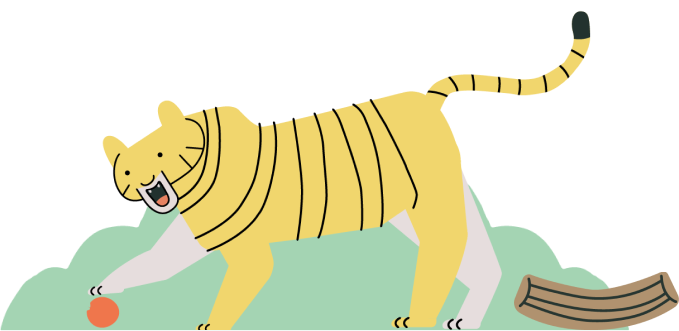Why Learn How to Meditate: Finding Calm and Clarity in Everyday Life

Why Learn How to Meditate: Finding Calm and Clarity in Everyday Life
Meditation isn’t just a trend—it’s a gentle invitation to slow down, connect with yourself, and embrace each moment with kindness. Whether you’re sipping a morning coffee on a chilly Vancouver patio or unwinding beside a crackling fire in Nova Scotia, cultivating a meditation practice can bring greater peace, focus, and resilience into your daily routine. Let’s explore why learning how to meditate could be one of the most empowering gifts you give yourself.
The Transformative Benefits of Meditation
Meditation is more than sitting still—it’s a powerful tool for mental, emotional, and physical wellness. Here’s what many Canadians experience when they make mindfulness a regular habit:
-
Stress Relief and Emotional Balance
Life in Canada can be fast-paced—commutes through bustling cities like Toronto or balancing work with family life in small towns. Meditation teaches you to observe stress without judgment, giving your mind room to breathe. Over time, you’ll notice a calmer response to daily challenges and a greater sense of emotional stability. -
Enhanced Focus and Mental Clarity
From work deadlines to studying, maintaining focus in today’s digital world is tough. A consistent meditation practice trains your attention like a muscle, helping you stay present on tasks, reduce mental “fog,” and spark creativity when you need it most. -
Better Sleep and Physical Well-Being
Deep, restorative sleep is essential—especially when temperatures dip in winter. Mindful breathing and body-scan meditations can ease tension, lower blood pressure, and encourage restful sleep cycles. As stress melts away, you’ll wake up feeling more energized and ready for the day ahead.
Getting Started: Simple Steps to Begin Meditating
Starting doesn’t have to be complicated. You don’t need special equipment or hours of free time—just a few minutes, an open heart, and a willingness to try:
-
Find Your Quiet Corner
Whether it’s a cozy spot on your porch in the summer or a soft cushion in your living room, choose a space where you feel comfortable and free from distractions. A few household plants or a warm blanket can add to the cozy, inviting vibe. -
Focus on Your Breath
Close your eyes or soften your gaze, and simply notice the rhythm of your inhalations and exhalations. You might count each breath up to five, then start again. When your mind wanders (and it will!), gently guide your attention back to your breathing—no judgment involved. -
Embrace Guided Sessions
If you’re new to meditation, guided practices can be a friendly companion. Apps like Hakuna offer short, soothing sessions led by experienced instructors. Whether you have three minutes before a morning meeting or twenty minutes at the end of a long day, these guided meditations ease you into mindfulness with warmth and clarity.
Tips to Keep Your Practice Alive
Consistency is key. Here are a few tips to weave meditation into your busy Canadian lifestyle:
• Make It Part of Your Routine
Link meditation to an existing habit—perhaps right after your morning coffee or just before bedtime. This habit-stacking approach helps you stick with it even on hectic days.
• Join a Community or Group
Many cities across Canada host mindfulness and meditation meetups, both in person and online. Connecting with others creates motivation, accountability, and a shared sense of calm.
• Be Patient and Kind to Yourself
Some days you’ll sit quietly for ten minutes, and on others you might struggle to remain present for even one. Every session counts. Celebrate small victories, like simply showing up, and remember that each visit to the cushion builds a stronger practice.
Conclusion
Learning how to meditate is a journey—one that deepens your self-awareness, bolsters resilience, and invites more joy into each moment. By carving out just a few minutes each day for mindfulness, you can transform stress into serenity, scattered thoughts into focused intention, and restless nights into rejuvenating sleep. Whether you’re navigating a busy workweek in Calgary or enjoying a peaceful retreat by the shores of Lake Ontario, meditation offers a gentle, reliable path to well-being. Embrace the practice, trust in its process, and discover the calm that lives within you.


